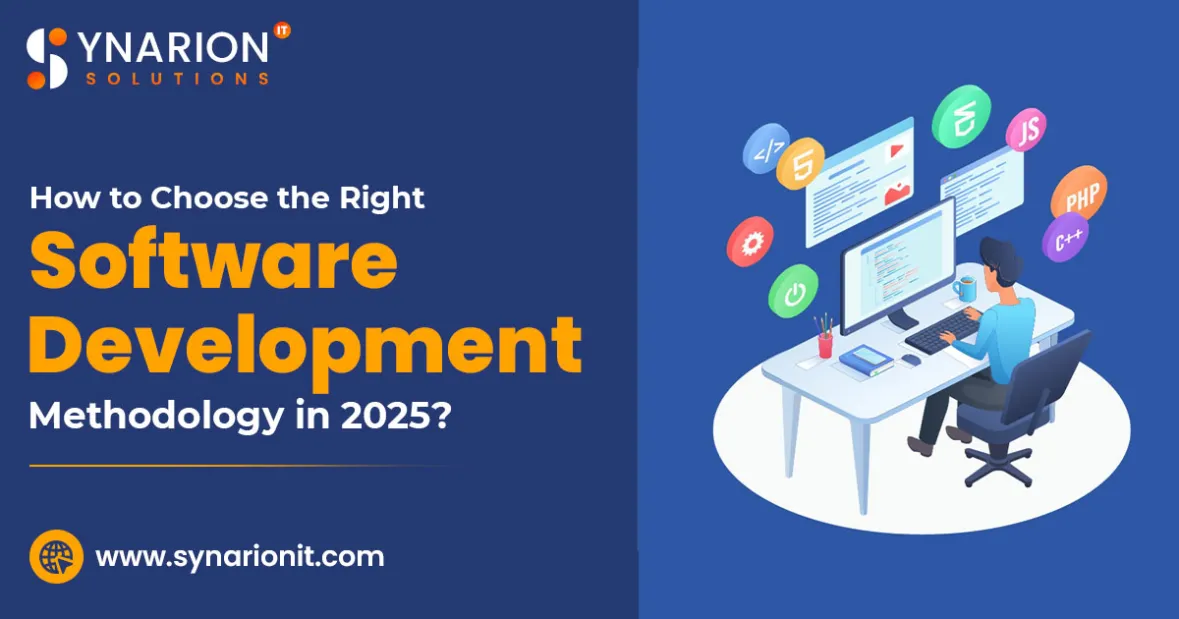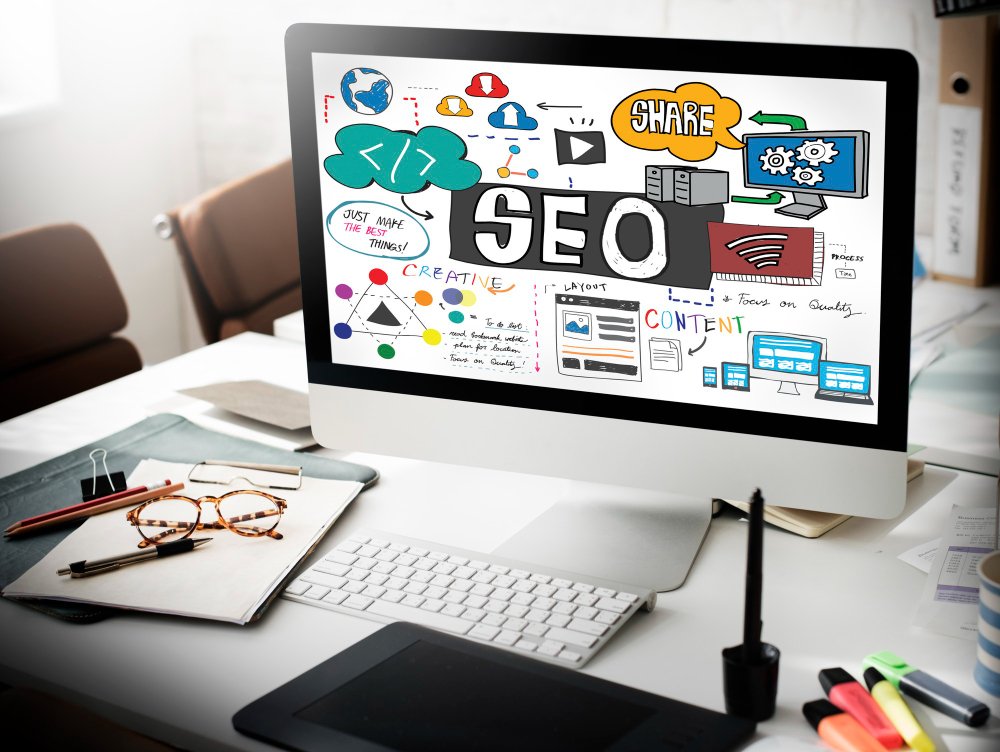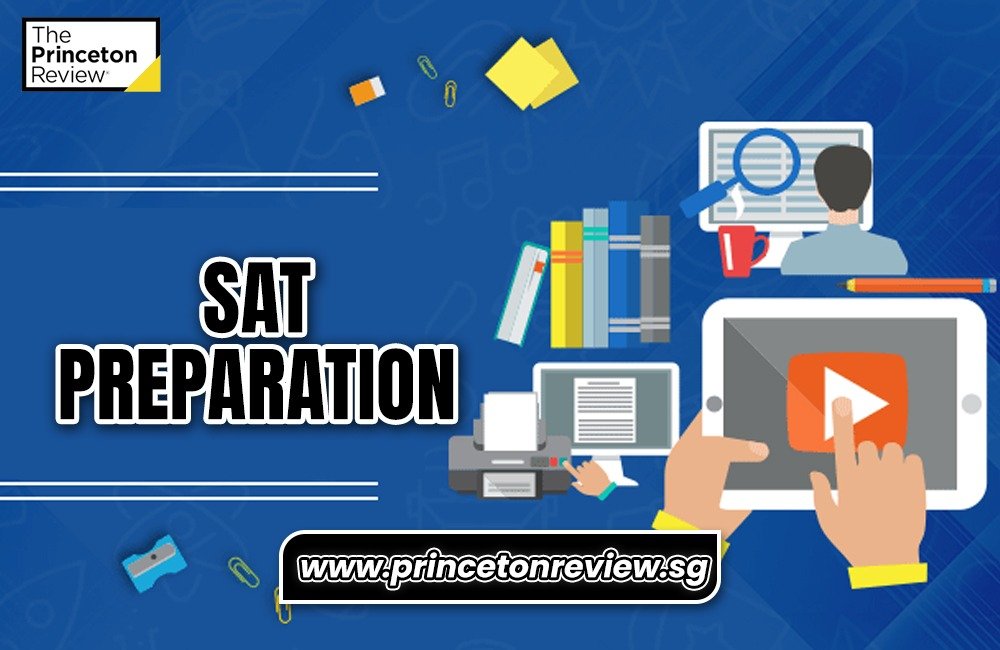Choosing the right software development methodology is critical to the success of any project. In 2025, the ever-evolving landscape of software development presents a variety of methodologies to choose from, each designed to streamline development processes, enhance collaboration, and improve efficiency. From Agile to Waterfall, DevOps to Lean, each approach has its own advantages depending on the nature of your project.
Whether you’re developing a simple mobile app or a complex enterprise system, selecting the right methodology can influence the overall outcome, timelines, and quality of the project. In this article, we will guide you through how to choose the right software development methodology for your project and why consulting with a software development company in Jaipur can help you make the best decision.
What Are Software Development Methodologies?
A software development methodology is a framework that dictates the processes, tools, and practices used by development teams to design, develop, and deliver software products. These methodologies provide a structured approach to the development lifecycle, including stages like planning, design, implementation, testing, and deployment.
The right methodology aligns the development process with the project’s goals, budget, timeline, and resources, ensuring that both the client and the development team are satisfied with the final product.
Popular Software Development Methodologies in 2025
Let’s look at some of the most common software development methodologies in 2025 and understand when each is the most appropriate for your project:
-
Agile Methodology
- Overview: Agile is one of the most widely adopted methodologies for software development in 2025. It emphasizes flexibility, collaboration, and rapid delivery. Agile is based on iterative cycles called sprints, typically lasting 2 to 4 weeks, where a set of features is developed, tested, and deployed.
- Best For: Projects that require frequent updates or changes, such as mobile apps or web platforms. Agile is also ideal for projects where the requirements are not fully defined upfront and are expected to evolve.
- Key Benefits:
- High flexibility and adaptability
- Regular feedback loops
- Faster time-to-market
- Improved collaboration and transparency
-
Waterfall Methodology
- Overview: The Waterfall model is one of the traditional software development methodologies. It is linear and sequential, where each phase of the project is completed before the next begins. It’s best for projects with well-defined requirements and a clear scope.
- Best For: Large projects with stable requirements, such as enterprise software or systems that are not expected to change frequently. Waterfall is also suitable for highly regulated industries like healthcare and finance, where strict compliance is needed.
- Key Benefits:
- Clear structure and timeline
- Easy to manage with well-defined milestones
- Best for projects with minimal changes after initiation
-
DevOps Methodology
- Overview: DevOps is a combination of development and operations that aims to shorten the development lifecycle and improve the quality of software. It emphasizes continuous integration and continuous delivery (CI/CD), automation, and collaboration between development and IT operations teams.
- Best For: Projects that require rapid deployment, constant updates, and a need for high levels of automation. DevOps is excellent for SaaS platforms, cloud-based applications, and apps with continuous updates and changes.
- Key Benefits:
- Faster delivery cycles
- Continuous testing and integration
- Greater collaboration between teams
- Enhanced reliability and scalability
-
Lean Software Development
- Overview: Inspired by lean manufacturing principles, Lean focuses on delivering value to customers while minimizing waste in the development process. It emphasizes efficiency and reducing unnecessary features or processes.
- Best For: Startups or small projects with limited resources. Lean is perfect for teams looking to validate ideas quickly and efficiently with a focus on customer feedback and value.
- Key Benefits:
- Focuses on efficiency and reducing waste
- Quick iterations and prototyping
- Increased customer value with minimum resources
-
Scrum Methodology
- Overview: Scrum is an Agile framework that divides the development process into sprints or short iterations. Scrum focuses on delivering a working product at the end of each sprint, with continuous collaboration and feedback from stakeholders.
- Best For: Projects that require flexibility and constant collaboration between teams and stakeholders, especially for developing products with evolving requirements.
- Key Benefits:
- Structured and easy to manage
- Clear roles and responsibilities
- Frequent feedback from stakeholders
-
Rapid Application Development (RAD)
- Overview: RAD emphasizes fast prototyping over traditional planning. It involves users closely in the design process, allowing rapid changes based on feedback. RAD involves fewer phases, with iterations on prototypes, which are quickly converted into functional systems.
- Best For: Projects with a clear vision and the need for rapid prototyping. Ideal for building customer-facing applications where user feedback is crucial in shaping the product.
- Key Benefits:
- Fast product development and delivery
- High user involvement and feedback
- Minimal upfront planning
Factors to Consider When Choosing a Software Development Methodology
When deciding which methodology to choose, consider the following factors:
- Project Size and Complexity:
- Larger, more complex projects with well-defined requirements may benefit from Waterfall, while smaller, dynamic projects may align better with Agile or Scrum.
- Client Involvement:
- If your client wants to be involved throughout the development process, methodologies like Agile and Scrum, which involve frequent feedback loops, are ideal. Waterfall might be more suitable for projects with less client interaction after the project starts.
- Budget and Timeline:
- If you’re working with a tight budget and need rapid deployment, Lean or DevOps methodologies might be your best option. Waterfall and Agile can be more time-consuming, depending on the project scope.
- Flexibility and Change Management:
- If your project is expected to undergo significant changes or evolve over time, Agile, Scrum, or DevOps methodologies are more flexible in accommodating these changes.
- Team Size and Structure:
- For smaller teams, Lean and RAD could be more effective due to their focus on rapid iteration and minimal process overhead. Larger teams may benefit from Scrum or Waterfall for better coordination and clearer structure.
Why Consult a Software Development Company?
Choosing the right software development methodology can be challenging, especially with the number of options available. Working with an experienced software development company in Jaipur can help you navigate through this decision. With expertise in various methodologies, these companies can assess your project’s unique requirements and suggest the best approach for timely delivery, cost-effectiveness, and quality.
A professional software development company in Jaipur can also assist with the implementation and integration of these methodologies into your development process, ensuring that your project is handled efficiently and successfully from start to finish.
Conclusion
In 2025, the choice of a software development methodology is more critical than ever for delivering high-quality applications. Whether you opt for Agile, Waterfall, DevOps, Lean, or Scrum, selecting the right methodology will impact the efficiency, timelines, and success of your project. By considering the nature of your project, client involvement, budget, and required flexibility, you can make an informed decision.
For the best results, consulting with a software development company in Jaipur can guide you through the selection process and ensure your app or software is developed using the most suitable methodology for your specific needs.



